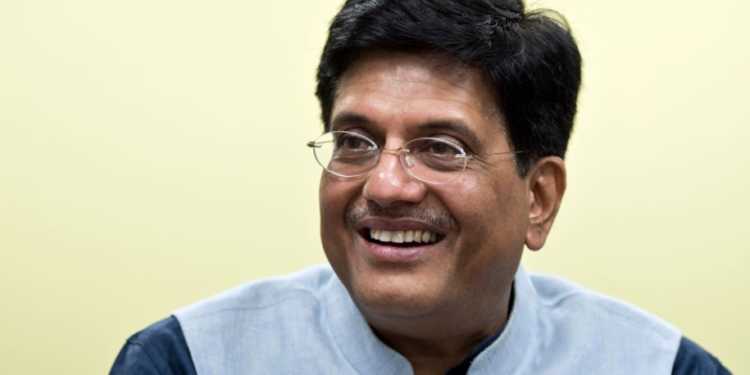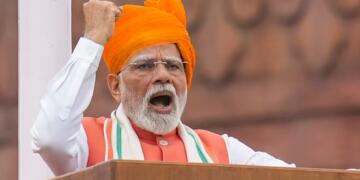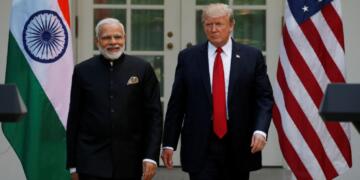Piyush Goyal, Minister of Railways and Commerce & Industry has been a longstanding advocate of privatization. He brought many market oriented reforms in Indian Railways, the largest public sector undertaking in the country. Now, in another step to introduce market friendly policies to Indian Railways, Modi Government is set to privatize 150 trains and 50 railway stations in “time bound manner”.
The government will form a task force with NITI Aayog CEO Amitabh Kant, Railway Board chairman VK Yadav, Secretary, Department of Economic Affairs and Secretary, Ministry of Housing and Urban Affairs as members to prepare blueprint for privatization.
Previously, in a pilot run, IRCTC, the tourism and ticketing arms ran the Tejas Express on Lucknow-Delhi route. The train was flagged off on October 4, and the first few operations were highly successful. IRCTC offered combination of food, insurance and compensation in the case of delays.
The rakes were transferred to IRCTC and the company will pay annual lease charges to IRFC.
The successful pilot run has encouraged the railways to go ahead with further privatization plans. Railways will float expression of interest “to identify operators willing to participate in the bidding process for rights to run passenger day/overnight train sets connecting important cities,” said Railway Board chairman VK Yadav.
The mammoth PSU is also planning massive decentralization where every function would be categorized under a separate entity and would work towards making profits and report to a chairman-cum-managing director. The Konkan Railway Corporation already operates ‘very efficiently’ as a separate organization with the state government being the holding entity. The two previous committees- Rakesh Mohan committee and Bibek Debroy committee had both advised to create separate organizational units to attract large investments in the public sector behemoth.
“I had a detailed discussion with the Minister of Railways wherein it was decided that there is a necessity to take up the matter on priority for at least 50 stations. Considering the recent experience in privatization of six airports a similar process for setting up an empowered group of secretaries to drive the process in a time bound manner…” said Kant.
“As you are already aware that the ministry of railways has also decided to bring in private train operators for passenger train operations and is contemplating to take up 150 trains in the first phase,” he added.
The separation of freight and passenger operations would lead to greater financial efficiency. The freight operations of the railways are already efficient and are profit making operation but the passenger operation is the business where losses are incurred every year. The government plans to separate passenger operations and provide to travellers the option to voluntarily give up subsidy offered on low class travels. Under the Ujjwala Yojana, the Modi government ran the campaign, Give Up LPG Subsidy, and it was massive success with more than a crore people voluntarily opting out of the subsidy.
Indian Railways plans to replicate the success of Give Up LPG subsidy to make its passenger operations more efficient. Piyush Goyal is exploring all options to make the railways profitable.
Piyush Goyal has had a long tenure as a corporate executive and so he was opposed to the lackadaisical and infamous ‘bureaucratic attitude’ of the railway employees. Therefore the ‘perform or perish’ mantra was adopted for railway employees. The ministry also introduced productivity linked bonus (PLB) for non-gazetted employees to send the clear message that performance and performance alone will determine the extent of promotions and bonuses. Introduction of ‘corporate work ethics’ has made the railways efficient; one must thank Piyush Goyal for the change.





























